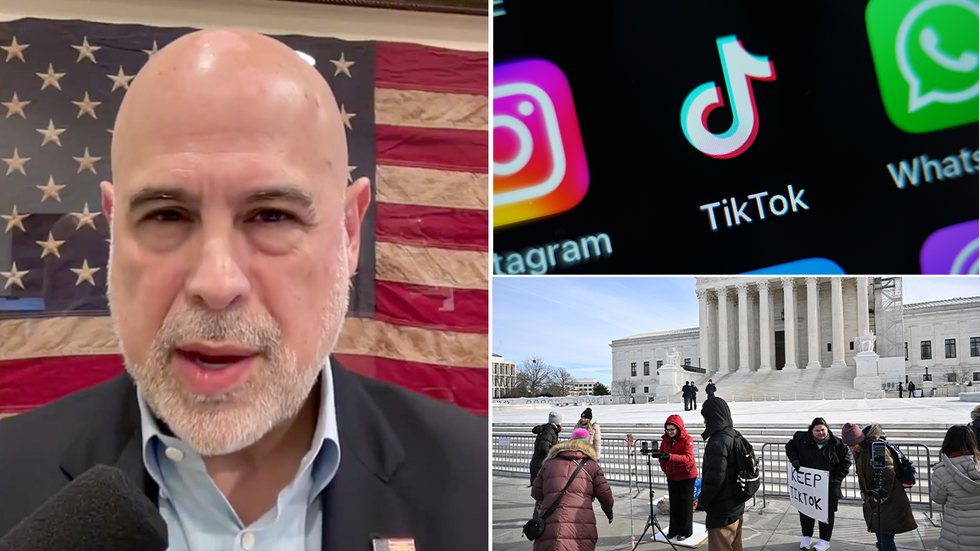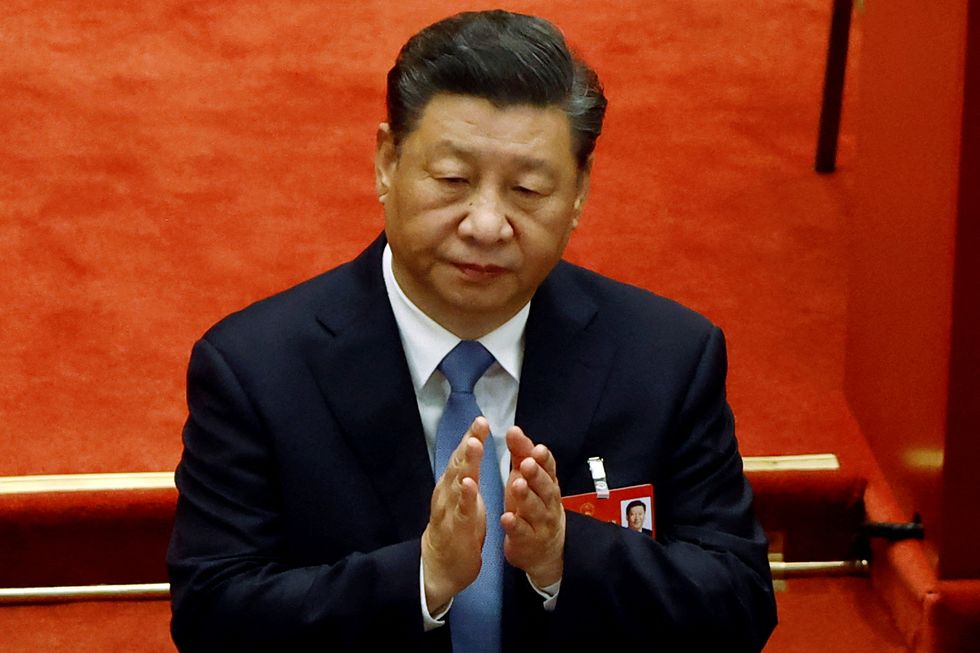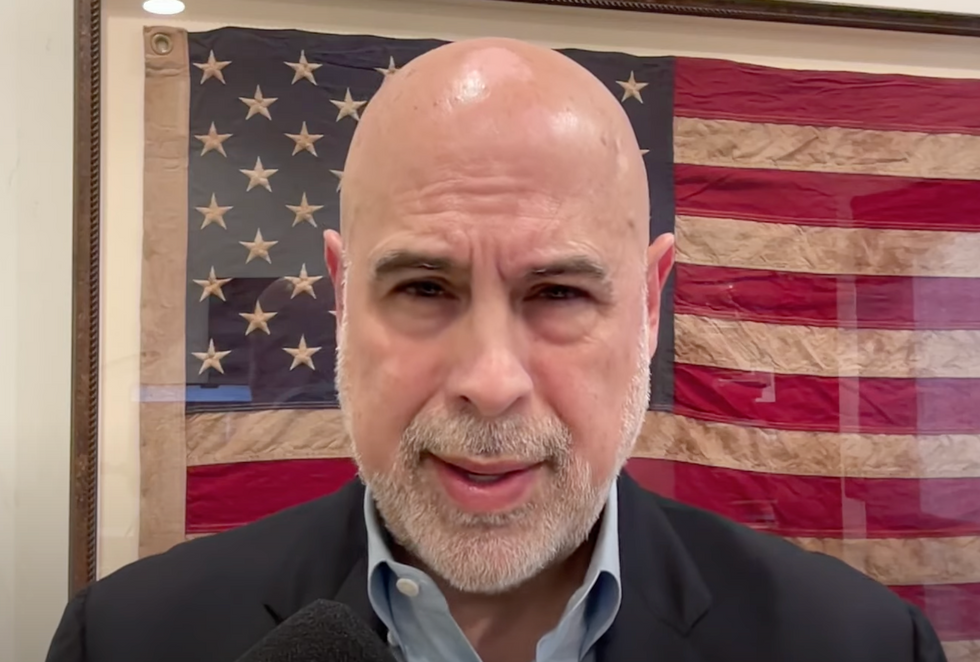US TikTok ban branded ‘common sense’ as Chinese-owned app blasted for ‘corrupting American children’
A prominent US strategist has claimed that TikTok’s Chinese ownership allows an “enemy country” to “programme” American children through social media.
Brian Kennedy, from the American Strategy Group, told GBN America that it was “common sense” to restrict the platform’s access to US users.
“The idea that the United States would allow complete access, a foreign country that has stated it believes itself an enemy with the United States, total access to the United States and our children so they can programme them politically and socially,” Kennedy said.
The Chinese-owned social media app faces an imminent ban in the United States unless its parent company ByteDance sells it by 19 January.

The deadline comes after Congress passed legislation in April 2024 giving ByteDance nine months to find a US-approved buyer.
If no sale occurs, the app – which has 170 million American users – will “go dark” across the United States.
LATEST DEVELOPMENTS
- ‘Take this guy down!’ Trump ally Steve Bannon denounces Elon Musk as ‘racist’ and ‘truly evil’
- How Labour is eyeing Australia model of means-testing YOUR state pension – and what it could mean
- POLL OF THE DAY: Do you think Rachel Reeves will still be Chancellor at the next election?

The ban would require TikTok to be removed from all app stores, though existing installations would initially remain on users’ devices.
US officials have raised serious security concerns about TikTok’s Chinese ownership.
FBI Director Chris Wray warned that the app poses national security risks, saying Chinese companies must “do whatever the Chinese government wants them to in terms of sharing information.”
Wray cautioned that Beijing could use TikTok to influence users or control their devices through the recommendation algorithm.

The National Security Agency director Paul Nakasone expressed concern about TikTok’s data collection and its potential for “sweeping influence operations.”
President-elect Donald Trump has opposed the ban, despite attempting to outlaw the app himself during his first presidency in 2020.
Trump has called on the Supreme Court to delay the ban whilst he seeks a “political solution” once in office.
The president-elect met with TikTok chief executive Shou Zi Chew in December to discuss the matter.
However, Trump will not assume office until 20 January, the day after the ban is scheduled to take effect.
TikTok has strongly denied the allegations, calling the proposed ban “unconstitutional” due to First Amendment implications.
The company’s lawyers made a final plea to the Supreme Court on Friday, arguing that even a temporary ban would have “devastating effects” on their business.
Several potential outcomes remain possible, including ByteDance selling to US investors who have expressed interest in the platform.
The Supreme Court could also side with TikTok’s free speech case, potentially delaying or overturning the ban entirely.

